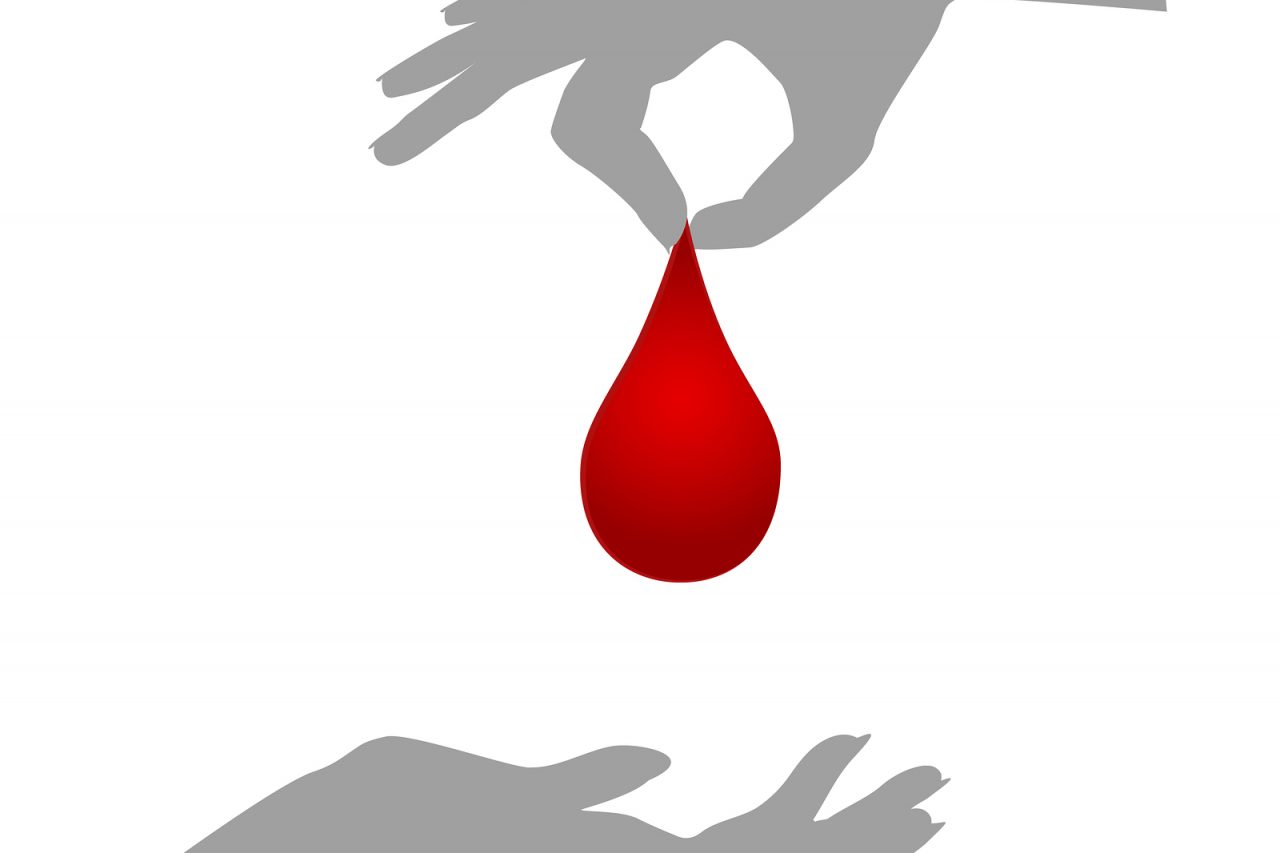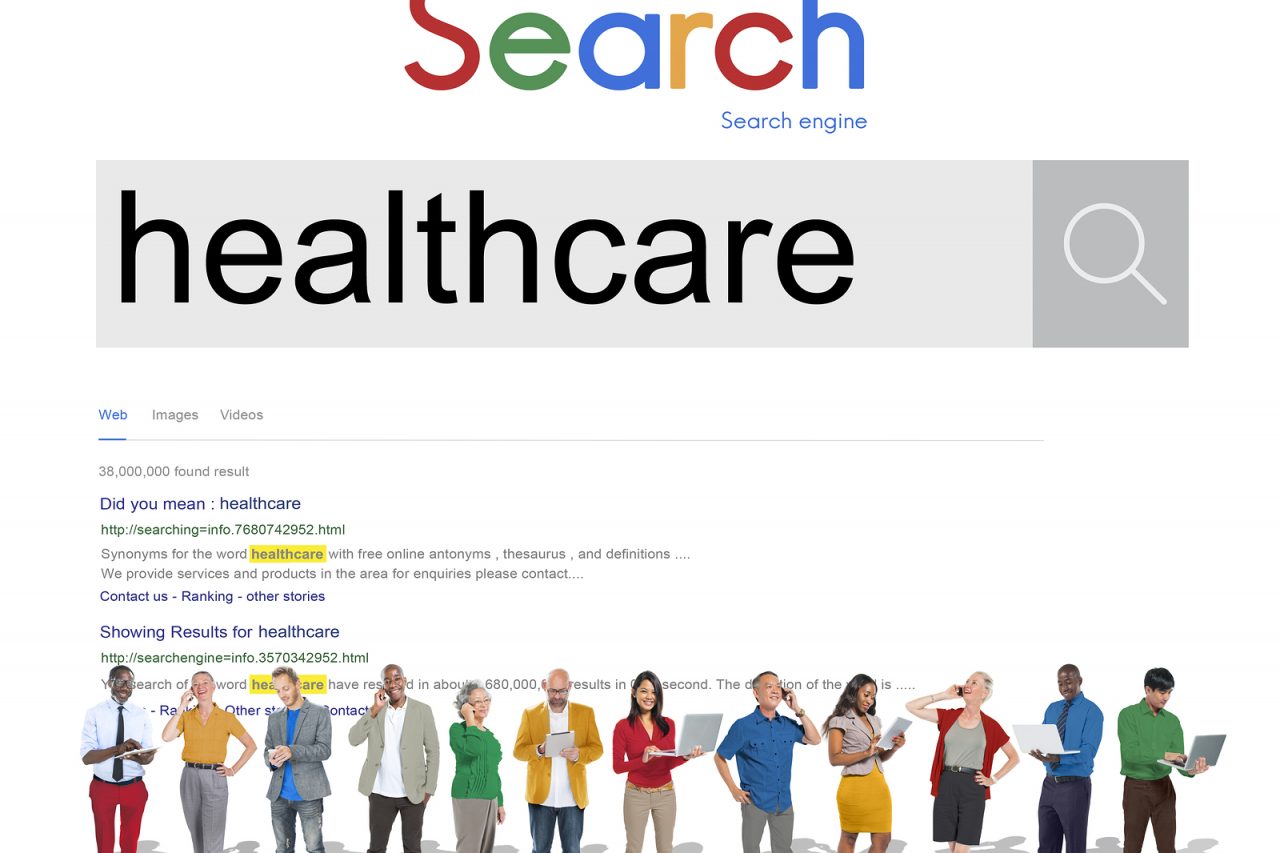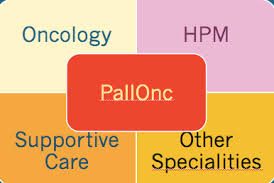Kathryn and her son sit tensely before me. CT scan, blood tests and biopsy done, there are decisions to be make. There is radiation, surgery or perhaps chemotherapy. We have planned for 30 minutes and they are overwhelmed. So much to decide. Her son leans forward. “Doctor if this was your mother, what would you do?”
I pause. My mother having been dead for few years, this query brings pain. This is not my mother. I do not know if she is anything like my mother. What does this question mean?
Does he want me to assume his mother and mine shared the same approach to life and disease? What of our families? Are they one? Has life‘s complexity created the same solution?
I know this question has nothing to do with my mother. It is an important question, having two parts. I must consider and answer carefully.
First, the question betrays a slight lack of trust. He is concerned that my recommendations may not consider Kathryn as a person. As his mom. He wants me to focus and in a small way, to love her. He wants me to care.
Second, he asks for specific guidance. For a moment he does not want choice, he wants the answer. In the paradox of the question, he trusts me to offer the ultimate decision.
Therefore, we will talk about Kathryn, the person. How she lives. About what she cares. Her goals. Then, I will use 35 years of experience at cancer’s bedside. I will tell them the answer. I will tell them what I recommend and why.
Is this “answer” different from before “the question?” No
Do we understand each other better? Yes
Will he listen? Absolutely
Will they follow my advice? Perhaps
Would my mother be pleased? I pray







Comment